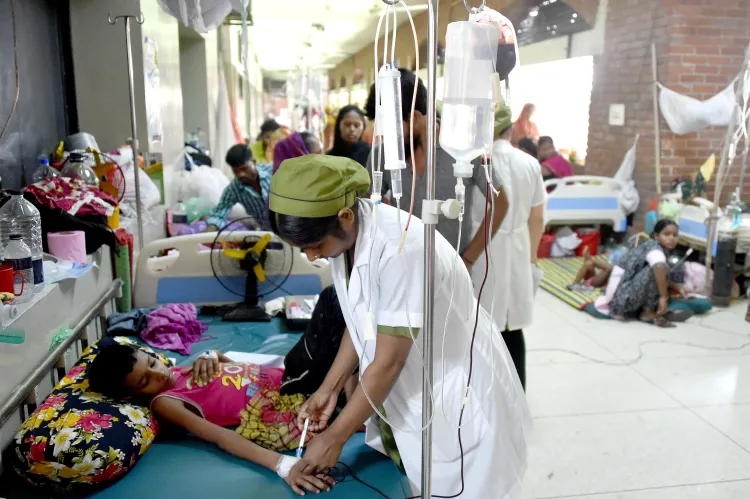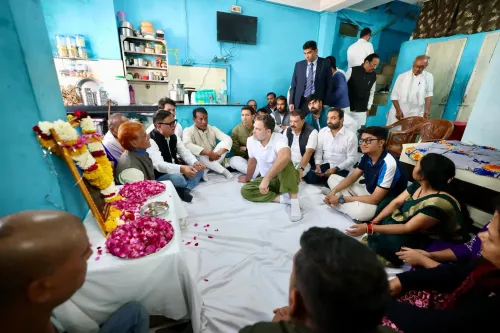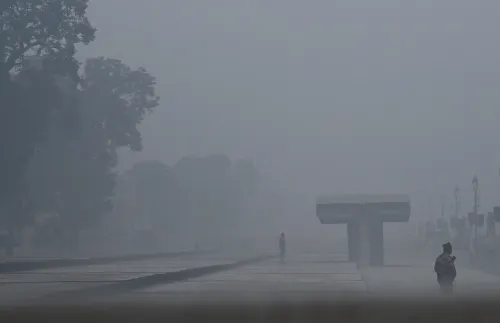Have 432 New Dengue Cases Emerged in Bangladesh as 2025 Counts Surpass 30,000?

Synopsis
Key Takeaways
- 432 new dengue cases reported in Bangladesh.
- Total confirmed cases in 2025 exceed 30,000.
- No new fatalities; death toll remains at 118.
- Over 1,426 patients currently undergoing treatment in hospitals.
- Health officials emphasize the importance of prompt medical attention.
Dhaka, Aug 28 (NationPress) In the last 24 hours until Thursday morning, a total of 432 new dengue cases have been reported in Bangladesh, raising the cumulative count of confirmed cases in 2025 to 30,376, as per local media reports.
No additional fatalities linked to dengue were documented during this timeframe, keeping the death toll steady at 118, according to the Directorate General of Health Services (DGHS). Recent cases were identified in various regions, including Dhaka South City Corporation (90), Barishal Division (86), Chattogram Division (70), Dhaka Division (68), Dhaka North City Corporation (52), Rajshahi Division (31), Khulna Division (30), Mymensingh Division (7), and Rangpur Division (5), as reported by United News of Bangladesh (UNB).
Currently, there are 1,426 patients receiving treatment in various hospitals across Bangladesh. The previous year saw 575 fatalities due to dengue in 2024.
Dengue is a viral infection transmitted from mosquitoes to humans. It is more prevalent in tropical and subtropical climates than in temperate zones, as stated by the World Health Organisation (WHO). Most individuals infected with dengue do not exhibit symptoms; however, for those that do, the most common symptoms include high fever, headache, body aches, nausea, and rash. Most patients recover within one to two weeks, but some may develop severe dengue, necessitating hospital care, as it can be life-threatening.
Recently, the Director General of Health Services in Pakistan, Abu Jafor, highlighted the changing characteristics of dengue, which have complicated patient treatment, as reported by UNB.
During a meeting at the DGHS conference room in Mohakhali, he stated: "The current strain of dengue is no longer manageable as it once was. Many patients are deteriorating rapidly into critical conditions."
He emphasized that more patients now present with severe symptoms requiring close monitoring and intensive care. In this context, portable ultrasound and bedside haematocrit machines are vital for prompt diagnosis and effective treatment decisions.
He noted that these tools expedite clinical procedures and reduce complications by facilitating quicker diagnoses. He urged the public to remain vigilant and seek medical attention promptly if experiencing fever.










